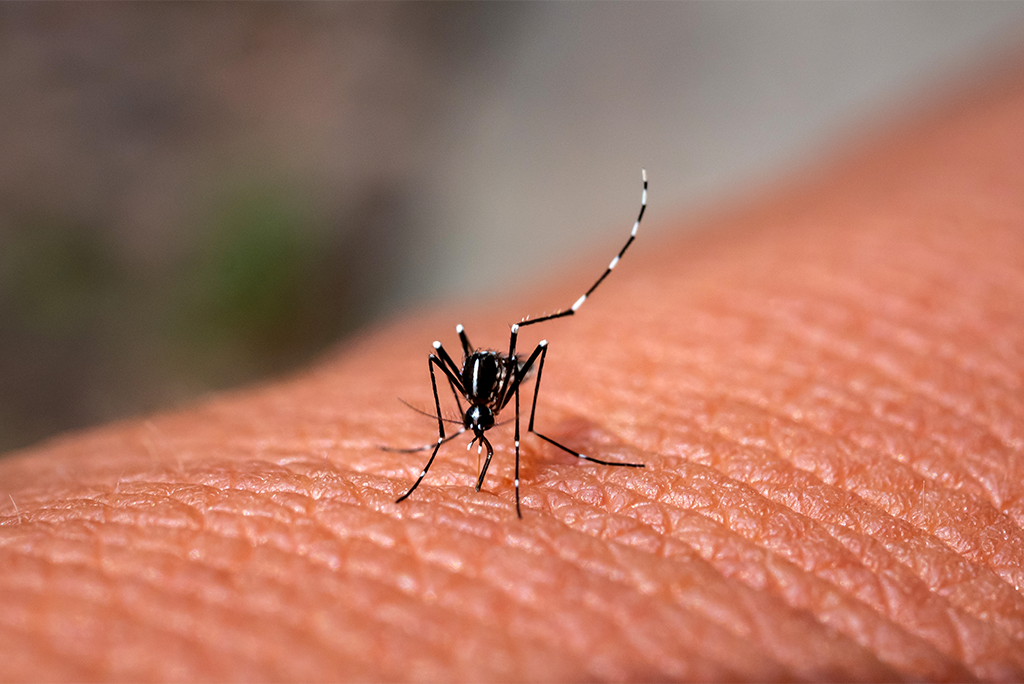Should We Genetically Engineer Mosquitoes?

It was recently National Mosquito Control Awareness Week– the perfect time to learn all about a tiny insect that causes big trouble.
Spanish for “little flies,” mosquitoes are flying insects that feed off of plant nectar. In addition, female mosquitoes have tube-like mouths that can pierce skin in order to feed off the blood of animals and humans. When a female mosquito bites you, not only does she suck your blood, she also transfers her saliva into your body. Typically, this causes an itchy rash. However, it can also spread disease. In tropical regions, female mosquitoes are known to spread dangerous diseases such as malaria, Zika, West Nile virus, yellow fever, and others.
According to the Centers for Disease Control and Prevention, malaria resulted in 627,000 deaths in 2020, showing just how dangerous mosquitoes can be.
Where Genetic Engineering Could Come In
One way to potentially solve this problem is through genetic engineering. In 2021, scientists genetically engineered male mosquitoes so they could only reproduce male offspring. Then they released these new mosquitoes in the Florida Keys. The test program has been controversial with locals— many of whom question the impact it could have on their environment, as well as on themselves.
While genetic engineering is one possible way to reduce mosquito-related diseases, changing people’s behavior and certain environmental conditions can also ease the spread. For example, wearing light-colored clothing can help prevent bites, since mosquitoes are attracted to darker clothing. Additionally, draining standing water, where mosquitoes tend to breed, can help reduce their population.
This brings up an important debate: should we genetically engineer mosquitoes, or are humans the ones who need to change?
If this is a question that interests you, check out these resources to learn more:
- Should We Engineer the Mosquito? Forum (National Informal STEM Education Network)
- Should We Engineer the Mosquito? (Museum of Science)
- National Mosquito Control Awareness Week: Protect Yourself and Your Community
- Mosquito Habitat Mapper























